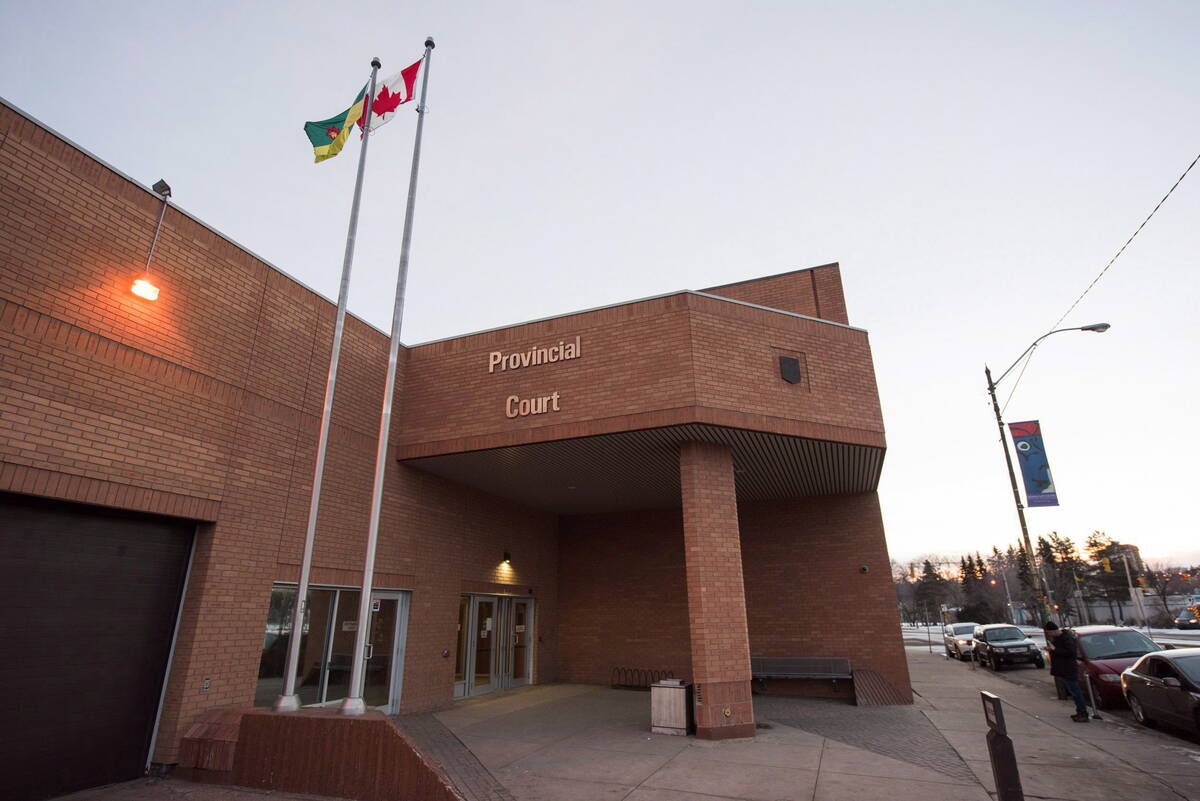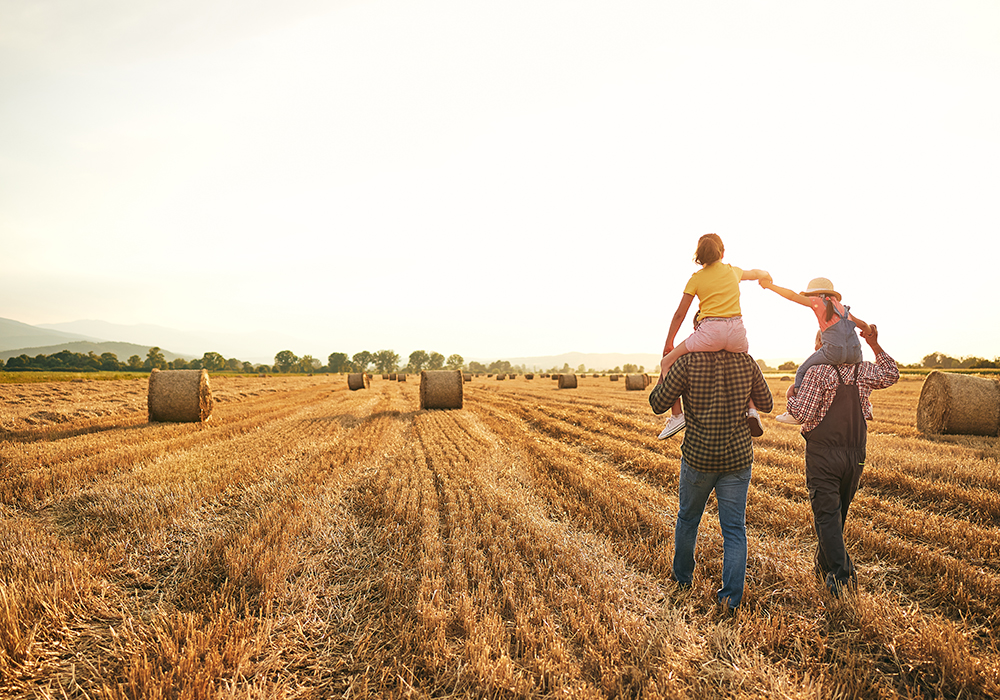Q: I would like to become more relaxed, less stressful and maybe even able to see a positive outcome to our all-consuming and equally shared futures. It must be a journey. I think that the poem is called The Road Not Taken by Robert Frost. How can I find that road?
A: I do not know what roads Robert Frost had in mind when he put together his almanac of wonderful poetry, but I would like to take you down a couple of roads I find to be somewhat helpful.
Read Also

Understand limitation periods if considering civil suit
A limitation period refers to the amount of time a plaintiff has to commence a formal claim in court or lose their ability to pursue it.
The roads are called “joy” and “gratitude.”
Joy is that wonderful moment of feeling good about the life you are leading. Gratitude is the appreciation, or thankfulness, for the support, caring and/or sensitivity you find through spending time with your friends and families. What strikes me is that both joy and gratitude are roads less travelled.
Of even more interest is that they are connected to each other, but not in the ways you might suspect. We tend to think that we must find joy in our lives before we can harbor some appreciation for it. Our research is saying that is not the way it works. Accordingly, we need to first learn to appreciate those moments of goodness, even if they are a bit far and few between, before we can envelope ourselves in joy.
When I am counselling people, I very often hear them saying that they want to be happy, that they want more joy in their lives, and when they find themselves wanting for joy and gratitude they hovel in sadness and disappointment. What they need to understand is that joy is not a reasonable goal. It is a byproduct of another goal. That other goal is gratitude.
We can learn to appreciate life and we can practise expressing gratitude. That makes it worthwhile, and a great journey to the discovery of joy. Remember, gratitude is behaviour and therefore being grateful can be practised. Joy is a feeling. You cannot practise it but you can open yourself to it as you do to your other feelings. You have first the act of being gracious followed by the feeling of joy.
The puzzle for those who study people who are grateful is if gratitude has such a hold on life why is it that more people do not just go around appreciating more and appreciating more of life as it comes to them. Two thoughts come to mind here. The first is that very often we and they as persons of gratitude do not know the power that comes to a person who is being appreciated. It is a terrific feeling that is seldom recognized.
If you do not understand how much gratitude affects another person you are less likely to express it.
The second thought is that we as givers of appreciation overestimate the cost to ourselves for gratitude. We act as if the cost for gratitude is too high. If we think that demonstrations of gratitude carry costs of social sophistication, that we will “lose face” by saying thank you, that we will be lost in humbleness or humility, we are not likely to become gracious. It is so very sad.
Worse yet is that it very clearly closes the door to feelings of joy.
We have to solve the pandemic. The war in the Ukraine must be ended. We have to get on top of our economic stresses. All of that is a given. It means that each of us has to become more responsible. But that does not preclude us from some time-outs to share our gratitude for that which is good and to indulge in the joy that comes just after those simple but well-known words: “thank you.”
Jacklin Andrews is a family counsellor from Saskatchewan. Contact: jandrews@producer.com.

















